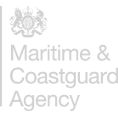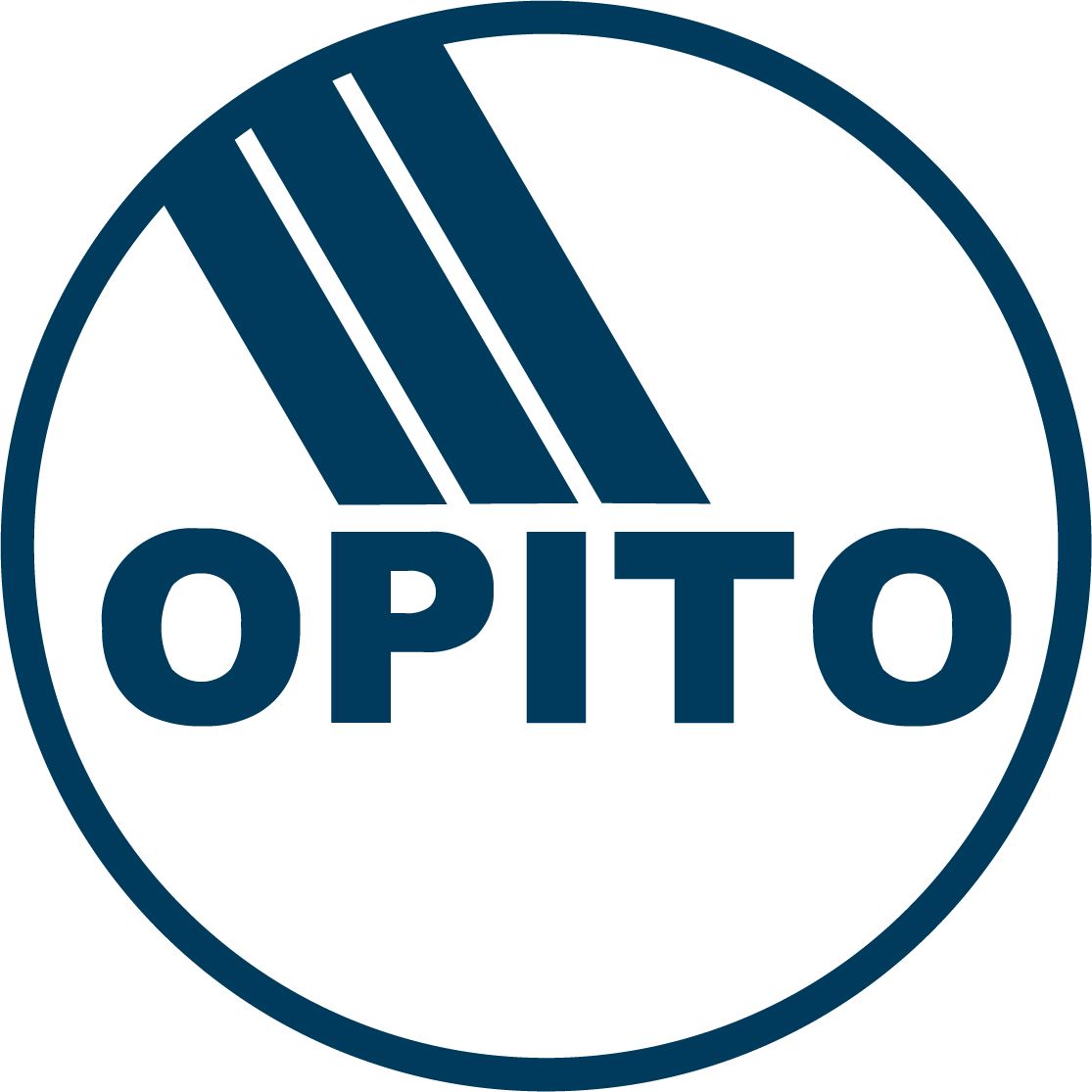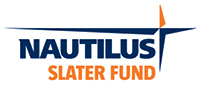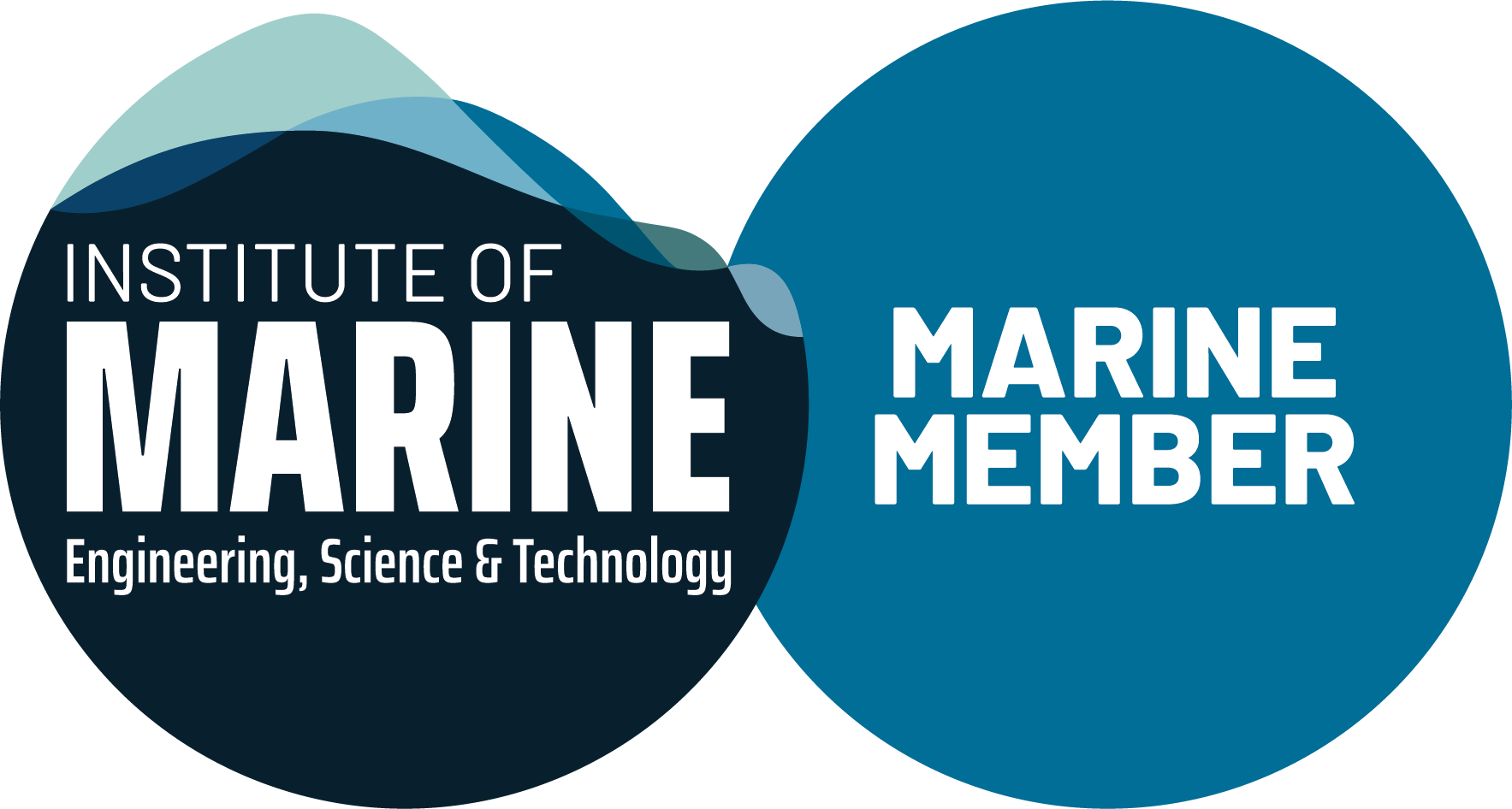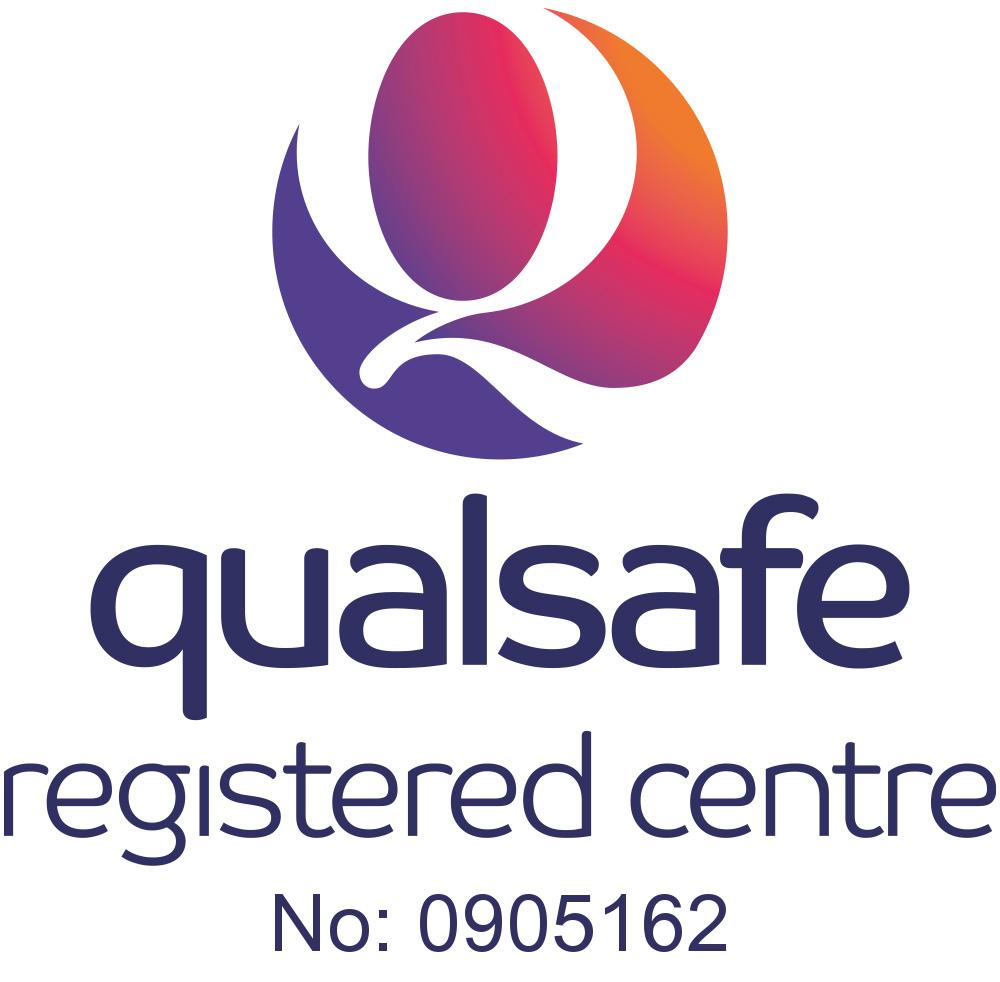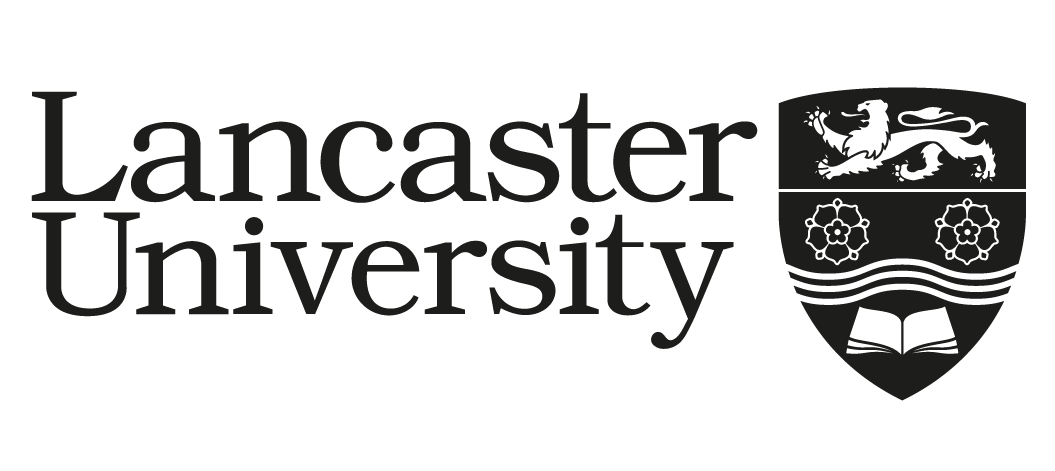Deck Shipping and Maritime Operations - Level 3
Course Code: MF1FE01
Maritime & Nautical
Next course dates
Course Overview
This is a sponsored route, which means that your studies will be sponsored by a shipping/training company. Find out more about sponsorship opportunities at the Careers at Sea website.
This course provides the skills, knowledge and experience to become a deck officer in the Merchant Navy, or to pursue various maritime opportunities, at sea and ashore. It offers an exciting opportunity to train towards a rewarding career while travelling the world and earning a potentially tax-free salary.
Studying at one of the UK’s top nautical institutions, you will benefit from expert tutors, a state of the art bridge simulator and strong industry partnerships that lead to excellent employment opportunities.
The course is delivered during the first of five phases that constitute a three-year cadet training programme at one of the UK’s top nautical institutions. Benefit from expert tutors, state of the art facilities and strong industry partnerships that lead to excellent employment opportunities.
Entry Requirements
Qualifications from prior to 2017
Four GCSEs or Scottish Standard Grades including English, Mathematics and Science – Grades A-C
Qualifications from 2017 onwards
Four GCSEs or Scottish Standard Grades including English, Mathematics and Science – Grades 9-4 (England), 1-4 (Scotland), A-C (Wales)
Please be aware that sponsoring companies will require you to pass an ENG1 Seafarer Medical examination which will include testing for colour-blindness.
Qualification Obtained
Diploma in Maritime Studies
Assessment Methods
Your course will consist of the following elements. Completion of all SQA academic units will lead to the achievement of a Level 3 Diploma in Maritime and Shipping Operations
- Level 3 Transverse Stability of Ships; An Introduction
- Level 3 Maths for Maritime (Deck)
- Level 3 Shipboard Operations; An Introduction
- Level 3 Maritime Industry; An Introduction
- Level 3 Naval Architecture; An Introduction
- Level 3 Bridge Operations; An Introduction
- Level 3 Chartwork and Tides; An Introduction
- Level 3 Nautical Science; An Introduction Enrichment
Phase 1 Short courses
- Basic Training For Seafarers (STCW 95)
- Proficiency In Survival Craft and Rescue Boats
- Designated Security Duties
- Tanker Familiarisation
- Entry into Enclosed Spaces
- Efficient Deck Hand
Students are assessed by a combination of presentations; written examinations; a portfolio of evidence, assignments, project, observation and reviews.
Teaching and Learning Methods
This course is delivered via interactive lectures incorporating short presentations from both tutors and students. You will also have the opportunity to work in groups to critically analyse and solve problems, and apply your knowledge and understanding to a range of tutor and student-defined contexts.
Industry Placement and Field Trips
As part of this programme, you may have the opportunity to visit working vessels whilst in port. Upon completion of Phase 1, you will join a working vessel as part of the crew and will have the opportunity to put theory into practice.
Other Costs and Equipment Needed
You will require access to a computer or laptop with internet access. You will also need a pair of 15” parallel rulers, dividers, compasses and 2B pencils in order to do the Chartwork unit.
Mandatory requirements – non-programmable scientific calculator, writing materials and drawing instruments for taking notes which can be purchased from college or any other supplier; when purchasing standard items, the cost will not normally exceed £50. You will be required to purchase these at the start of the course.
Expert Tutors
All staff involved in the delivery of any courses within the College are approved to teach and/or assess the subjects and modules they deliver. The approval process ensures that staff delivering and/or assessing a given programme are appropriately qualified, with relevant technical and industrial experience and professional practice.
Tuition Fees
Read our tuition fees guide.
Regulation and Accreditation
Accrediting Institution: N/A
Terms and Conditions
Read our full terms and conditions for more information.



